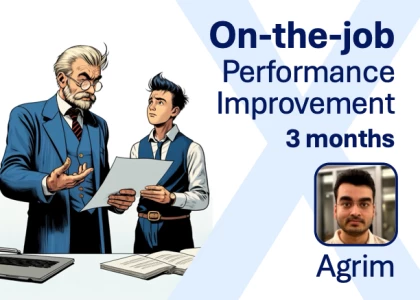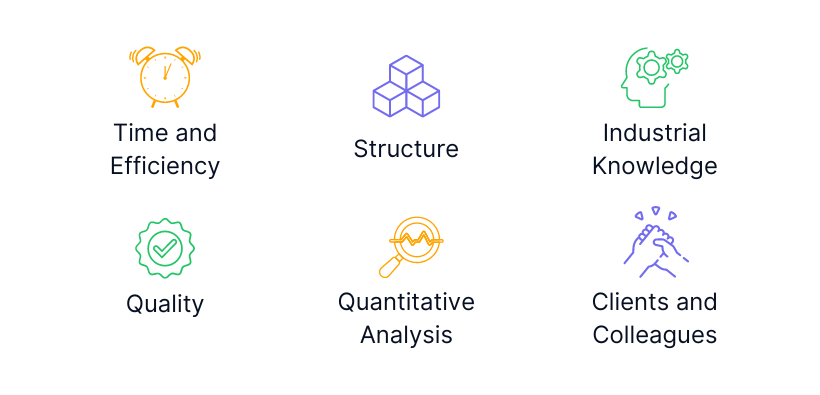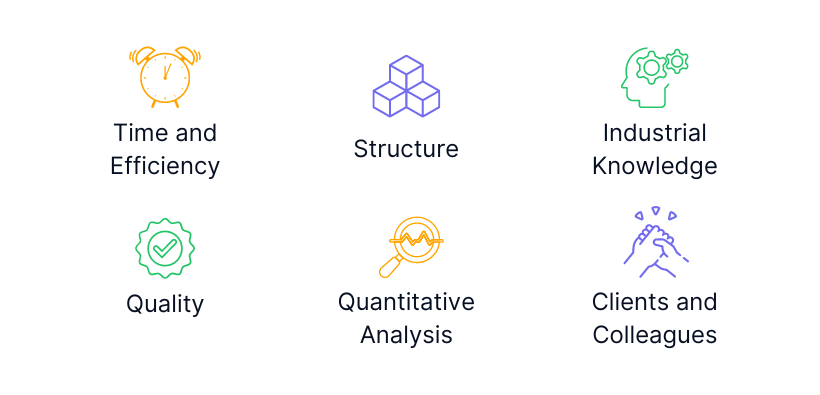Consulting is a high-performance profession. And whether you're a newly minted consultant or a seasoned professional, the ability to consistently deliver high-quality work, manage complex projects, and exceed client expectations is crucial. However, even the most talented consultants can find themselves struggling with performance issues at various points in their consulting careers owing to the stringent appraisal requirements, sky-high expectations, and the challenging work environment of consulting.
2024 has been an especially troubling year for thousands of consultants across the world in the matters of on-the-job performance management. Overcoming performance issues and showing tangible improvement & progress has become more crucial to survive the wave of layoffs and more.
This guide explores the matter of on-the-job performance in consulting, common challenges consultants face, and effective strategies for improvement. We'll delve into key areas of consulting work, from technical skills to soft skills, and discuss how targeted improvement in these areas can lead to significant performance gains.













